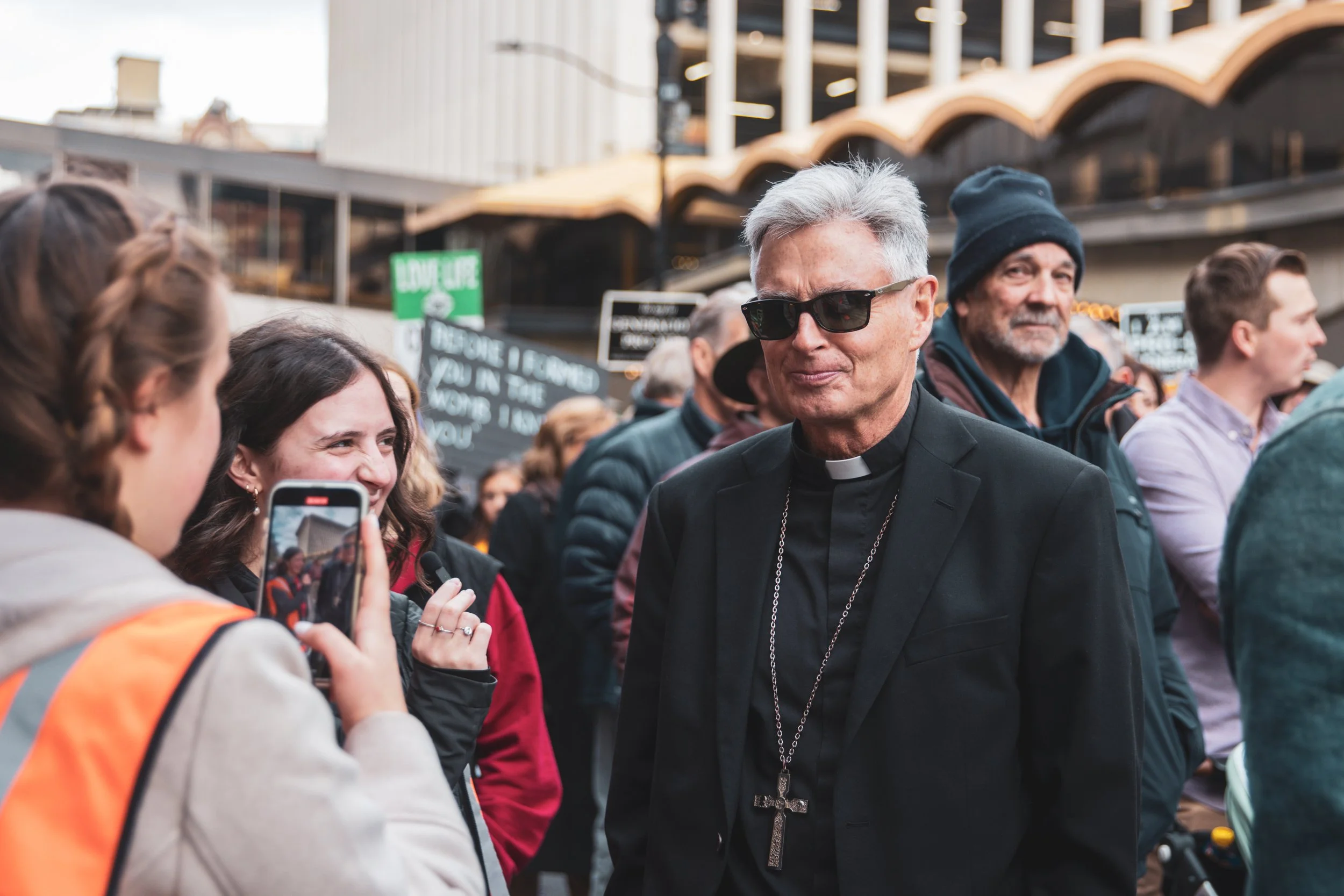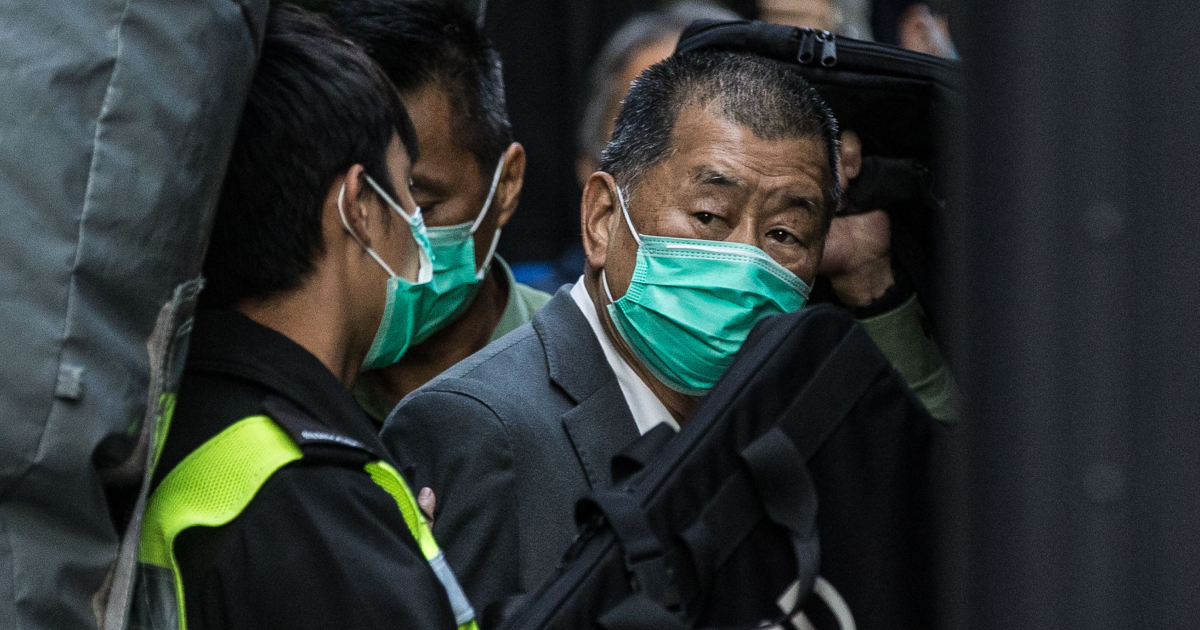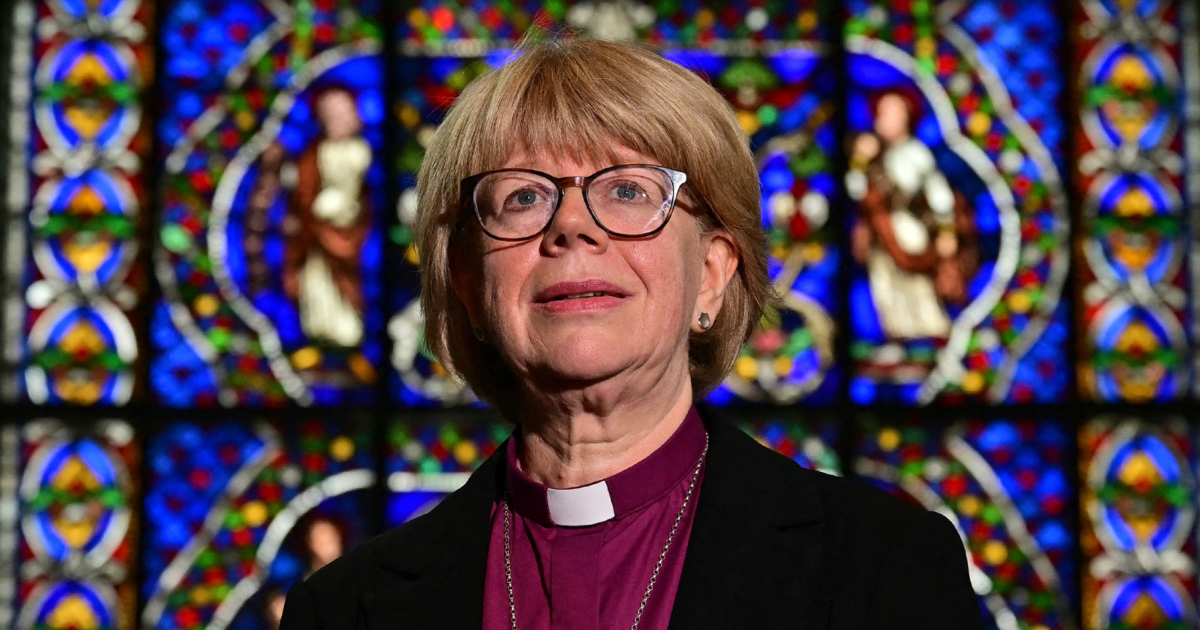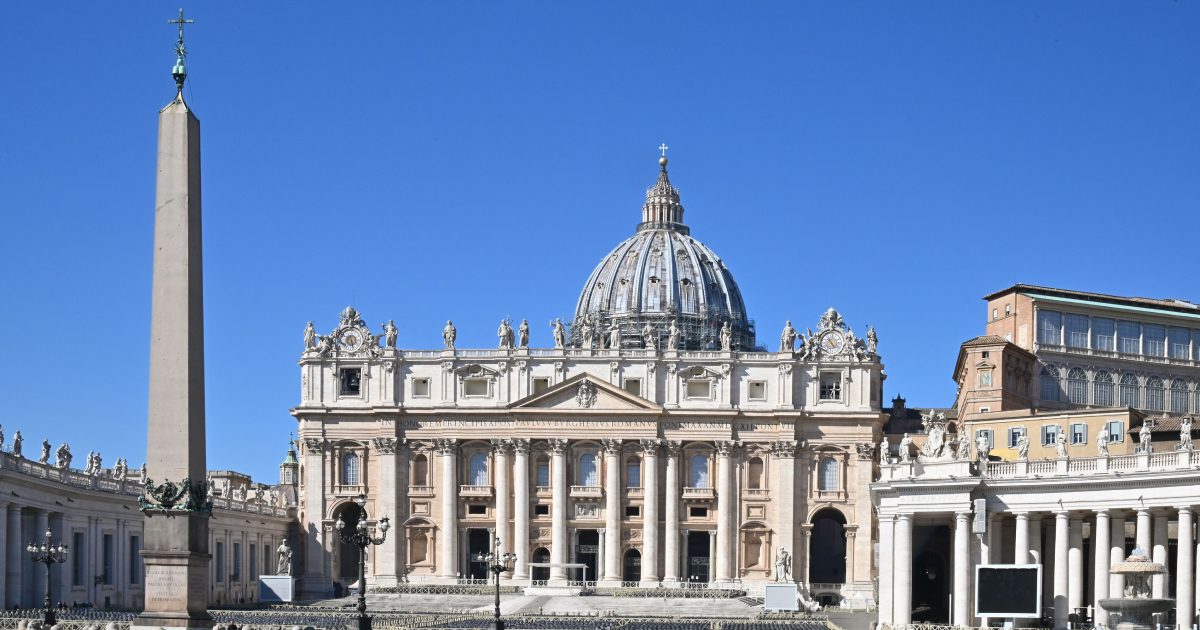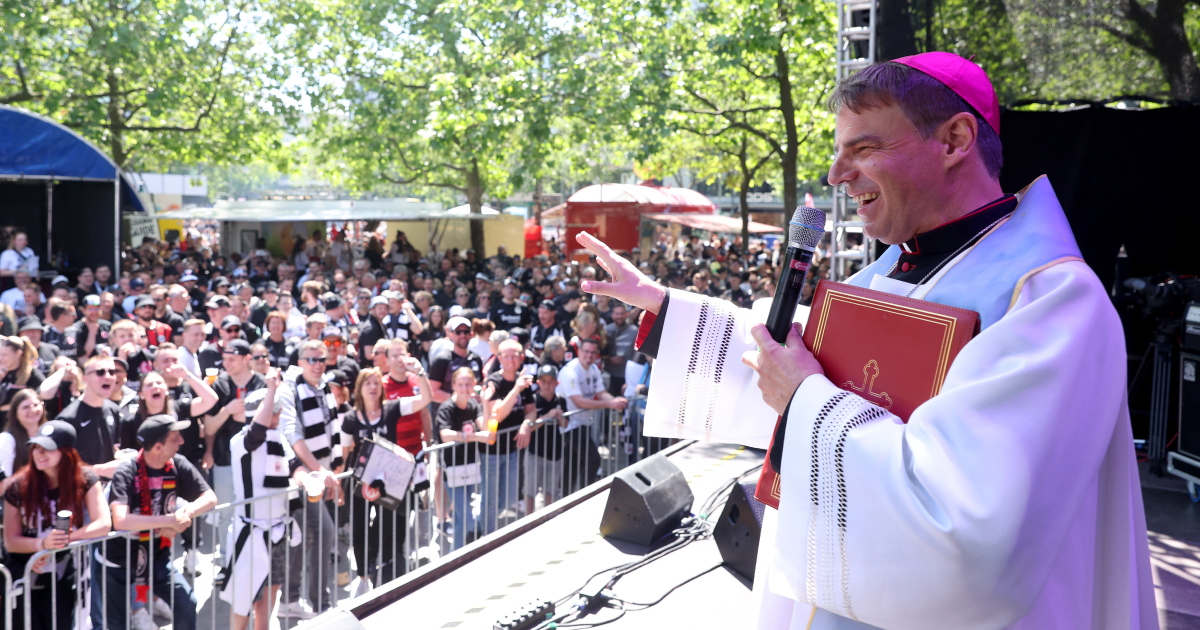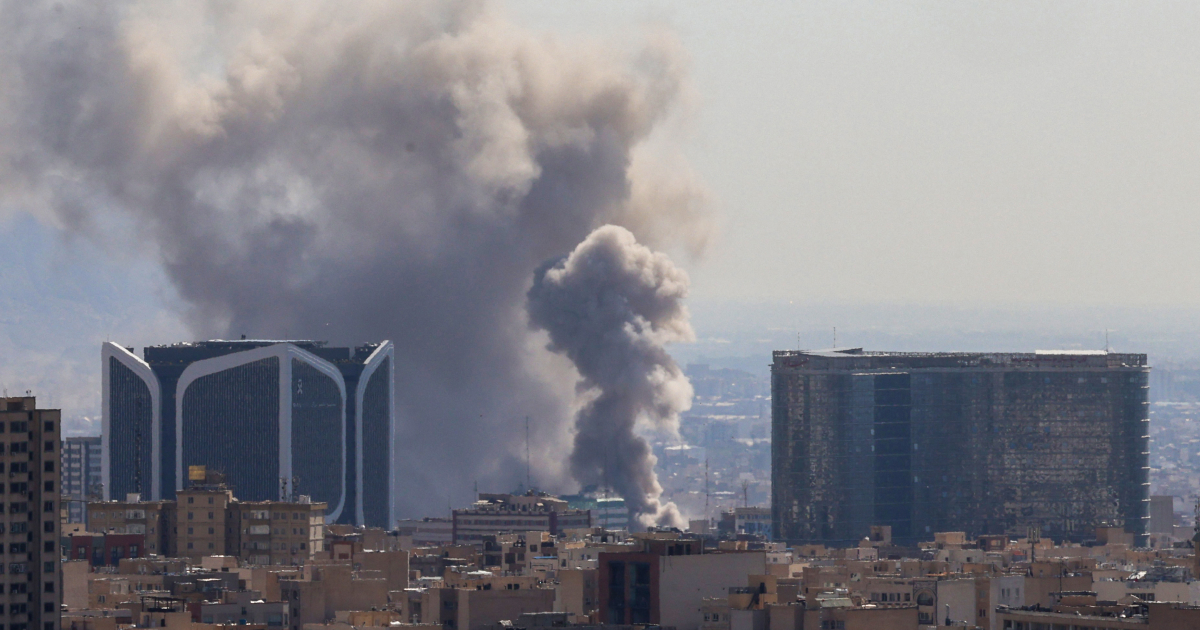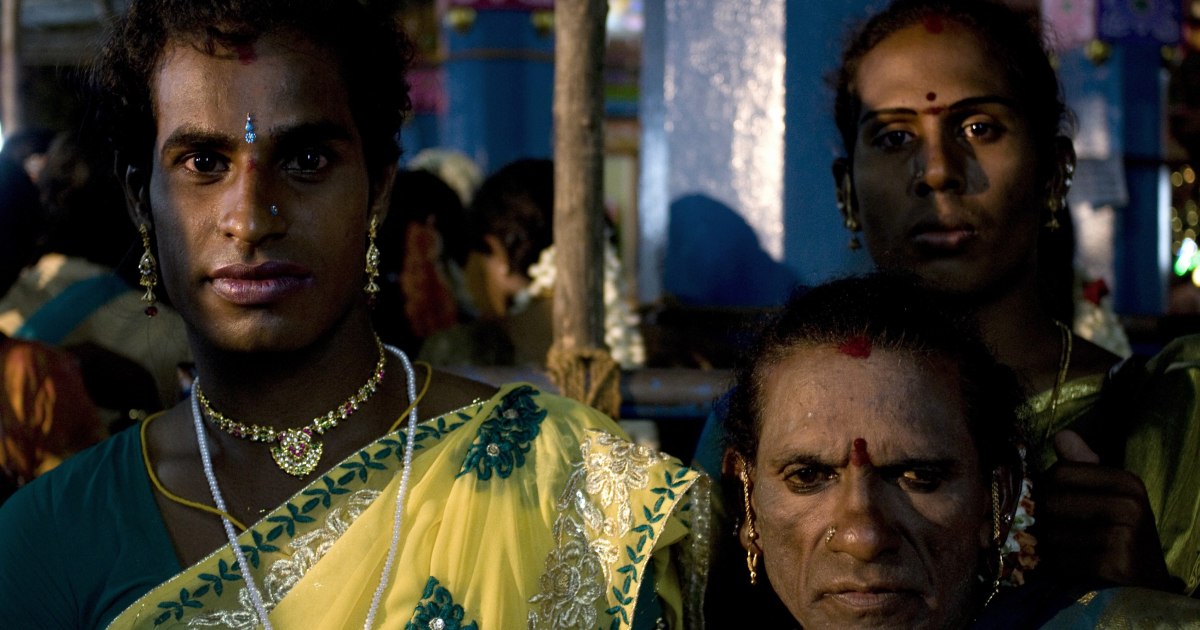The Diocese of Spokane has been divided by the suspension of a popular parish priest after allegations of sexual and financial misconduct.
Bishop Thomas Daly, who has led the diocese in the eastern part of Washington State since 2015 and who is known for his firm adherence to conservativism, announced that Father Miguel Mejía of Our Lady of Fatima parish had been removed from ministry while police investigate claims of sexual misconduct involving several women, as well as misuse of parish funds.
In unusually public briefings, the bishop and his advisers disclosed that independent investigators and a diocesan review board had found what they described as “overwhelming evidence” supporting the allegations.
Many commentators have noted that the incident has increasingly become a test of style if not of authority between a conservative bishop and a liberal cleric with a sizeable following.
Father Mejía, ordained in 2000, had long been regarded by parishioners as deeply pastoral and engaged in the local community. He ministered to prisoners, visited the sick and was known for his approachable manner.
It is this same openness that has fuelled loyalty among parishioners, many of whom now question the bishop’s motives. Some claim the process has been handled in a manner designed to discredit a priest whose personal style and popularity clashed with that of the diocesan leadership.
Meetings held in June and September saw sharp exchanges between diocesan officials and parishioners, with some of the latter expressing disbelief at the allegations and others calling for greater transparency.
Financial auditors reportedly uncovered nearly $100,000 in questionable expenses, including travel costs, gifts and items allegedly charged to parish accounts under misleading descriptions.
Father Mejía has not commented publicly and remains on paid leave, but his supporters continue to insist he is the victim of a purge driven by ideological differences rather than his having committed genuine misconduct.
Bishop Daly, who has previously spoken of his determination to restore trust in the wake of past scandals, has maintained that the diocese’s handling of the case demonstrates a new level of openness following decades of secrecy around the US Church’s response to abuse.
The Diocese of Spokane was one of the first in the United States to file for bankruptcy over clerical abuse claims, paying out millions in compensation two decades ago.
This latest controversy has laid bare a widening divide within the US Church between those who favour a traditional understanding of clerical authority and those drawn to a more informal, pastoral approach.
Supporters of the bishop see his actions as a necessary defence of integrity and priestly discipline. Others see a conservative prelate silencing a priest who had connected powerfully with ordinary Catholics.
As police inquiries continue and canonical proceedings await review in Rome, the controversy has left a once-harmonious parish deeply fractured, emblematic of broader tensions now testing the unity of the US Church.
Among those directly affected, there is frustration that faith and loyalty have been set against each other.
“There’s something fundamentally wrong with Christian people if they’re going to sit there and go ‘prove it’,” Emily Chapman, one of the women who has accused Fr Mejía of sexual misconduct, told the press.
RELATED: Restoring trust: why the US bishops should choose Bishop Barron
Photo: Bishop Thomas Daly (image from dioceseofspokane.org/bishop)





